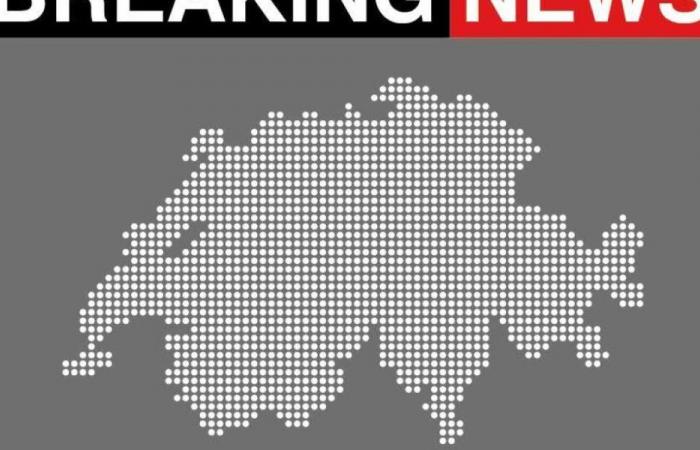The new French Prime Minister François Bayrou reopened the debate on Tuesday on a contested pension reform wanted by Emmanuel Macron. An opening to the left intended to avoid censorship similar to that which brought down the previous government.
Mr. Bayrou, an early supporter of President Macron since the latter’s election in 2017, announced to the Assembly the “restart of work” on a central reform for the French president. This reform pushed back the retirement age to 64 in 2023, despite the hostility of a majority of public opinion.
“I choose to put this subject back on the table, with the social partners, for a short time,” declared the 73-year-old Prime Minister, adding in his general policy speech that there would be “no taboo, not even age” of departure.
Reform applied if no agreement
The contested reform will, however, apply if the social partners do not agree on an alternative pension financing solution within three months.
This balancing act should allow Mr. Bayrou, appointed Prime Minister in mid-December without a majority in the National Assembly, to wrest a form of neutrality from the moderate left, without however targeting his supporters from the center and the right. , supporters of a collective effort to ensure sustainable financing of pensions.
Motion of censure announced
Mr. Bayrou’s speech was not to be followed immediately on Tuesday by a vote of confidence, but the radical left of the La France insoumise (LFI) party warned that it would file a motion of censure as quickly as possible which will be examined on Thursday or Friday. .
This motion of censure might not be voted for by the more moderate fringe of the left. “We are perhaps a few hours away from a possible agreement (with the government). I think we can conclude,” predicted Tuesday morning the First Secretary of the Socialist Party (PS) Olivier Faure, summing up long hours of negotiations between his party and the government.
Without the socialist votes, a motion of censure would a priori be rejected, because the far-right National Rally (RN) party has confirmed that it will not vote for it to avoid “the politics of the worst”.
-“Find stability again”
Mr. Bayrou told the Assembly that “the injunction that the country assigns to us is to regain stability.” France is indeed going through a period of political instability not seen in decades.
Mr. Bayrou must navigate the fragmented political scene resulting from the early legislative elections organized after the surprise dissolution of the Assembly by President Emmanuel Macron in June. The hemicycle is fractured into three blocs (left alliance / Macronists and centrists / far right), none of which has an absolute majority.
Pass the budget
A historical representative of centrist politics, Mr. Bayrou’s first challenge is to pass a budget for 2025, under pressure from oppositions and the financial markets.
Mr. Bayrou announced in this regard that his government was targeting a public deficit of 5.4% of GDP in 2025, compared to 6.1% expected for 2024. France posted the worst performance of the Twenty-Seven with the exception of Romania, very far from the 3% ceiling authorized by EU rules.
Avoiding the fate of Barnier
The Prime Minister is seeking to avoid suffering the same fate as his conservative predecessor Michel Barnier, whose government was overthrown after three months by an alliance of left and far-right MPs. Mr. Barnier had tried, in vain, to obtain a commitment of “non-censorship” from the far right, where Mr. Bayrou is banking on the left and particularly the socialists.
In this regard, the break seems complete between the latter and their radical LFI allies, despite the electoral pact made last summer. Faced with criticism from his ally, Mr. Faure insisted that the PS was in “a useful opposition”. “There is a left that is screaming and a left that is working,” he said.
This article was automatically published. Sources: ats / afp






